Homes could be built on the site of a former Dundee jute mill that was demolished in controversial circumstances.
Wallace Craigie Works, run for more than a century by William Halley and Sons, was knocked down by developer Craigie Estates Ltd in May 2018.
It was claimed the firm did not have permission to tear down the iconic building – sparking a police investigation.
That probe is continuing and no charges have ever been brought.
The land is now empty and Craigie Estates, along with First Endeavour, has launched the first stages of the planning process for a housing development on the site.
What is being proposed for the site?
The developers have lodged a pre-application notice (PAN) with Dundee City Council.
That is the first step in the process for a major development.
No information has yet been revealed on how many homes or what type of homes are being proposed for the site.
Public exhibition of plans
However, the firms will set out initial details to the public on July 6, between 4pm and 7pm.
The consultation will be held online at www.wallacecraigieplanning.com – which will be launched closer to the time.
That will help to inform the detailed plans, which must be submitted – and approved – before any construction work begins.
Craigie Estates Ltd has been contacted by The Courier for comment on the application.
It is not the first time housing plans have come forward for the site.
In 2012 the same company revealed proposals to redevelop the former mill.
Fresh plans for a development on the same land then emerged in 2015.
However, neither of the proposals ever came to fruition.
Historic significance of site
The mill was built in 1836 and eventually became a B-listed building for its historic and architectural significance.
It was used to produce jute throughout the 19th and 20th centuries, employing hundreds of Dundonians and filling the city’s skyline with smoke from its huge chimneys.
In 1865 it doubled in size after the American Civil War led to a shortage of cotton and a boom in the jute trade.
The Halley family continued to use the mill until 2004, when it became derelict.
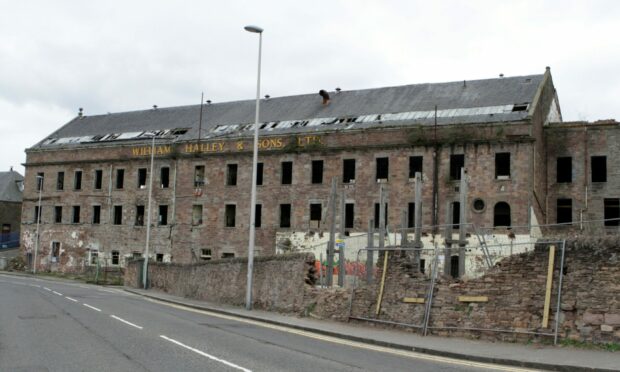
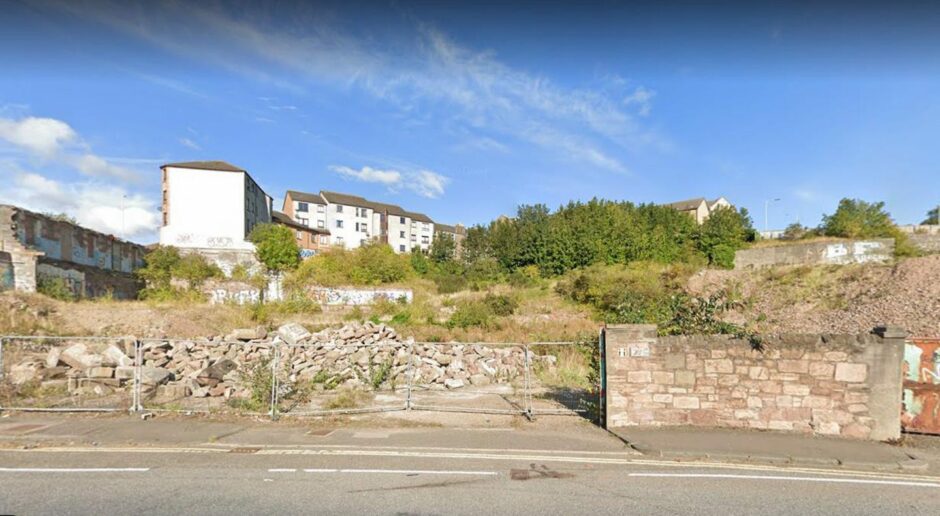
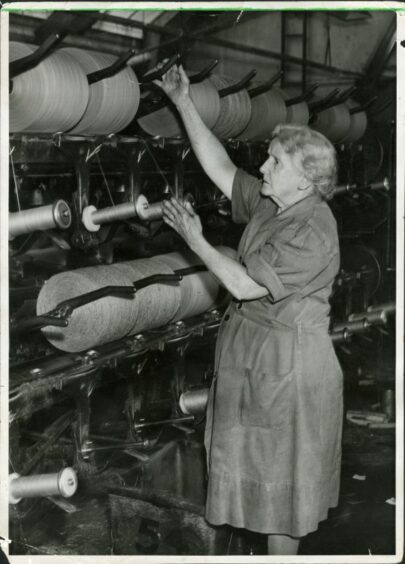



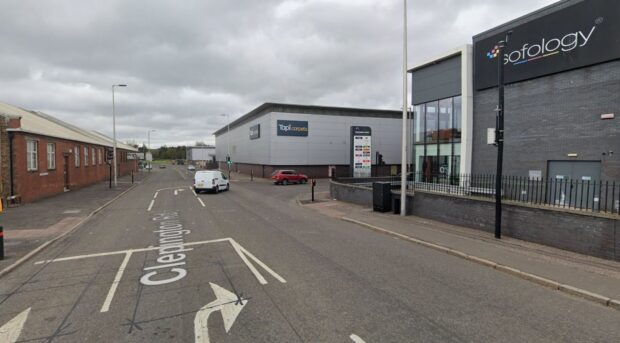
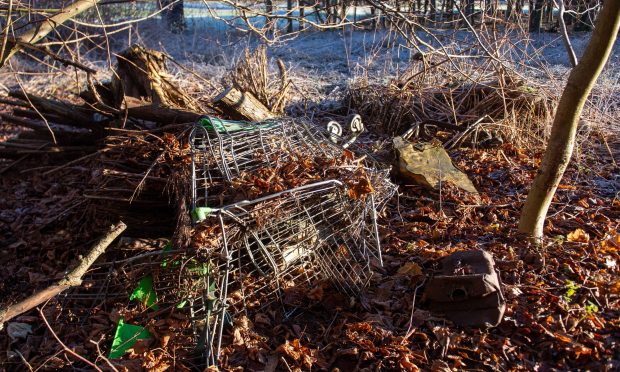





Conversation